Is Kosher Wine Different?
We were ignorant of what it means to produce Kosher wine when we arrived at our first winery in Israel. After a number of visits, we now understand the basics, maybe? The obvious question for us, other than what producing Kosher wine involves, was whether the aromas and taste of Kosher wines are different or unusual in any way?
Some industry sources quote figures that suggest only a quarter of Kosher wine is being enjoyed by Jewish people. So obviously a large number of non-Jewish people are drinking it without knowing it is Kosher, or not even caring because it is either very good or the right price, or both. We saw (and luckily tasted) many Bordeaux blend styles in Israel, and who doesn’t like a quality Bordeaux blend?
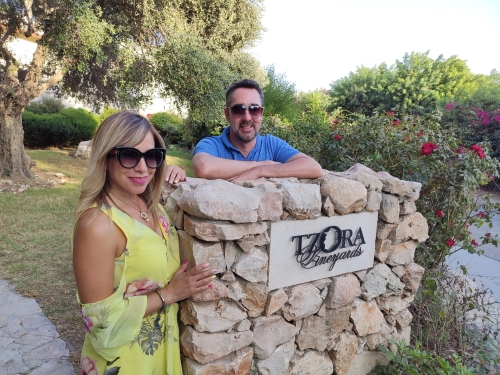
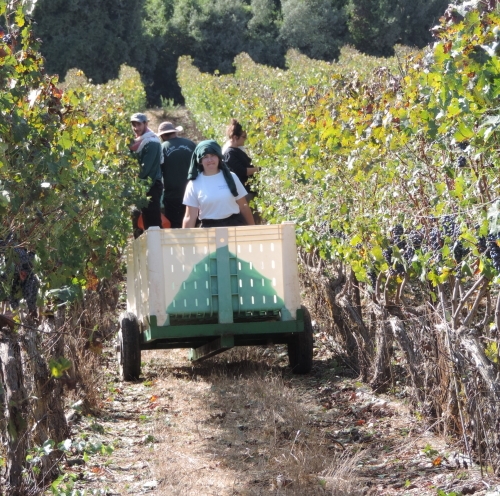
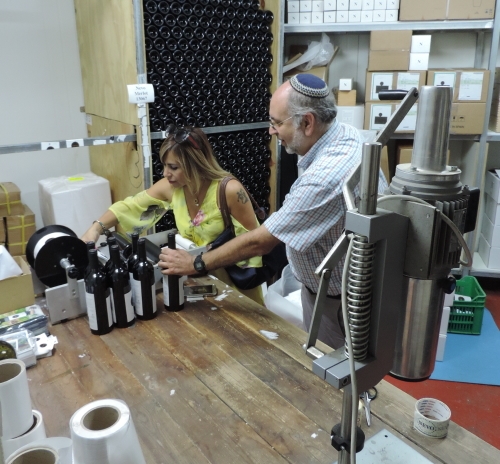
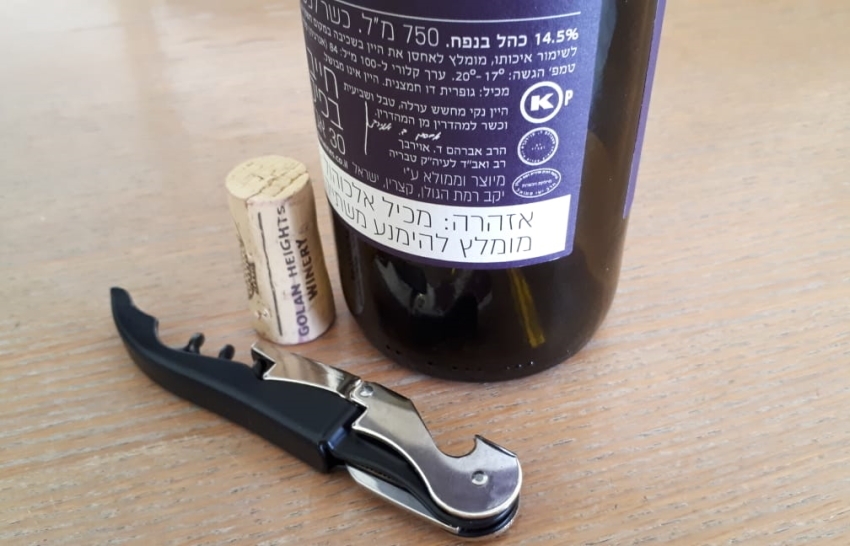
Cabernet Sauvignon Kosher wine from the Golan Heights!
Israel produces over 40 million bottles but several other countries such as the USA, Italy, France, Chile, and Argentina also produce Kosher wine, so worldwide supply is fairly large and is growing. The old reputation that Kosher wine has a “cooked” profile is being replaced by much higher quality flavors and aromas as the old-school “boiling” of the must is being replaced by flash pasteurization, with much less harmful effects, as you will read below.
An interesting point for us is that the army of grape pickers do not have to be observant Jews themselves, the strict protocol is only in force from crushing onwards! The natural grape is automatically considered Kosher.
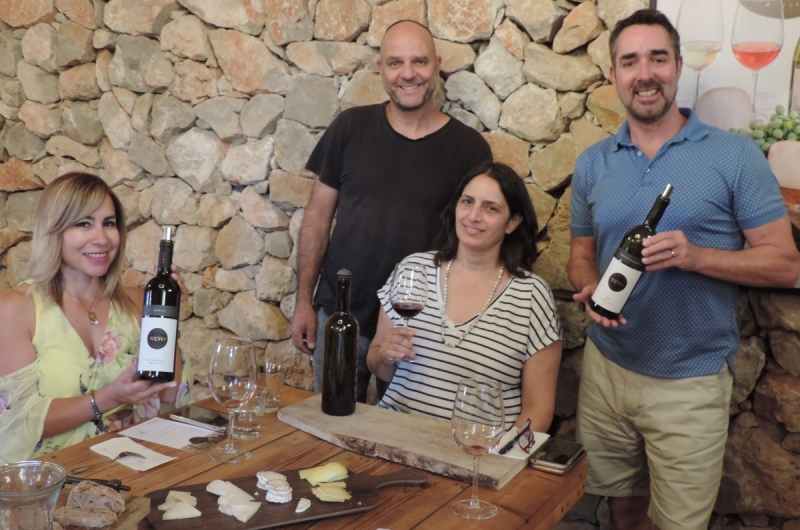
We were being told by winemakers that the Israeli wine industry is trying to move past being pigeonholed as completely Kosher focused and that a large number of producers are choosing not to follow the strict protocol and are selling non-Kosher wine both domestically and internationally.
However, Kosher wine will always form a very important part of Jewish ceremony and tradition (red wine in particular) as it is said that this was the type of wine that was drunk at feasts after the exodus from Egypt. This practice continues today of course.
You can see on the reverse label of the wine above the “K” for Kosher (the small P shows wine suitable for Passover) and the other seals indicating that the process has been certified by the attending Rabbi and that flash pasteurization has occurred. This rapid pasteurization is a 15-second burst of heating at around 72 degrees Celsius (around 161 F) followed by an abrupt cooling.
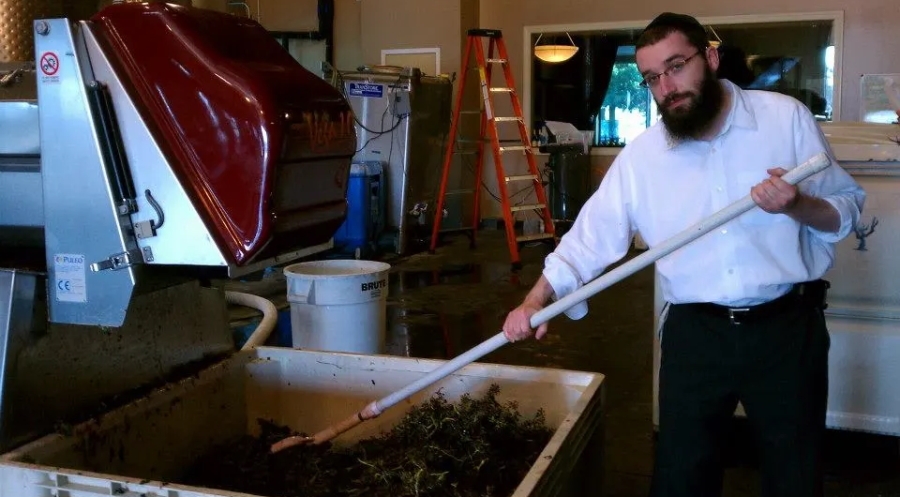
This short exposure to high temperatures is enough to kill any spoilage bacteria but not to significantly damage the quality and character of the wine in the opinion of many. Although there is another school of opinion that believes this treatment leads to more “cooked” fruit flavors and poorer aging potential.
If the wine is heat-treated in this way (and called Mevushal upon completion) then a non-Jewish person or non-observant Jew can handle the wine in the bottle without its status as Kosher being affected. If the process up until bottling is not overseen by a Rabbi, ensuring the strict completion of the requirements, the wine cannot be considered Kosher. Certain fining products are avoided, and several other factors are taken into account during the production process.
The whole process of Kosher certification can add 3 USD to each bottle so this certainly pushes up the selling price, supposedly hurting sales to non-Jewish people. But on the flip side, Kosher wine sales at Passover are like Champagne sales around Christmas and New Year.
Whether you are buying Kosher wine for religious/ceremonial reasons or maybe you are just curious we can say that some of the wine we tasted was superb, complex in many cases, and always delicious. And now you know a little more of what is behind the K label.


